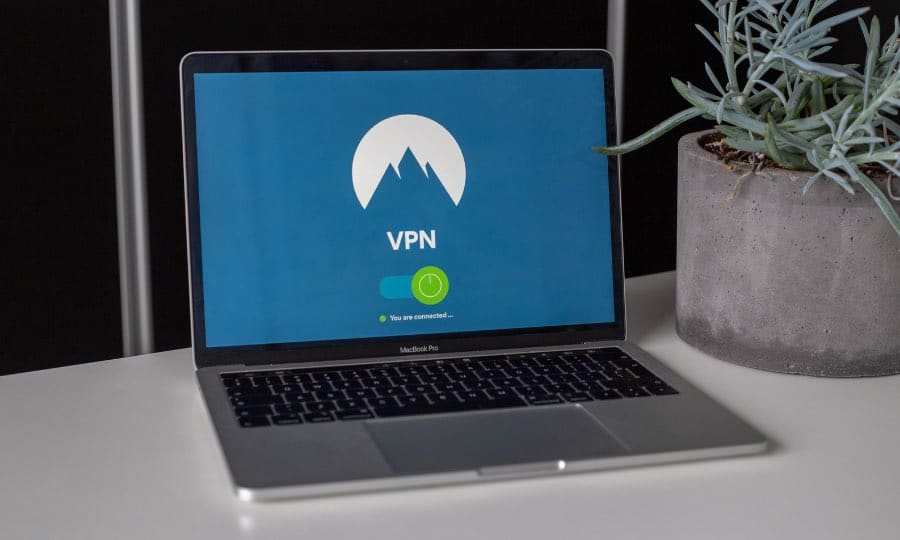VPNs (Virtual Private Network): When Should You Be Using It?
Table of Contents
What is a VPN?
A VPN, or virtual private network, allows users to send and receive information across a public network as if it were a private network. Everything we do online is not completely private because of IP (internet protocol) addresses. An IP address is assigned to all devices that use the internet to communicate with other devices using the internet. A VPN hides your IP address so you can’t be monitored while you’re connected to the internet. Here are three examples of when you should be using a VPN.
#1: Using Public Wi-Fi
Because we live in a very digital world, a lot of the devices we rely on daily require Wi-Fi to work properly. Luckily, many places have free wi-fi readily available for us to connect our devices to and use. However, constantly using public wi-fi puts you at risk for your private data being stolen by criminals and cyber attackers. If you’re always on the go and use public wi-fi connections on a regular basis, it’s essential that you get a VPN to protect your data and online browsing. On the other hand, if you only use your private, password-protected wi-fi connection in your home, you’re not at as big of a risk, so a VPN isn’t necessary.
#2: To Keep Your Data Hidden from Certain Organizations
There are times when one would want to use a VPN when using their private wi-fi connection in their own home. Many people choose to keep their data and browsing history away from their internet service provider (ISP), the services and apps they use on their phones, and even from the government. Your ISP can monitor your online activity, and it can even reduce your internet speeds as a result of your activity, so having a VPN will protect you from that. A VPN will also protect you from some government agencies that collect your data and share that information with other countries. Some VPNs will also protect you from malicious trackers that pop up on some websites, but it’s still important to practice online safety— even with a VPN.
#3: For Your Amazon Fire Stick or Fire TV
This may not be an instance in which people think they’d need to use a VPN, but when you think about it, accessing streaming services requires you to be connected to the internet— meaning your internet service provider will be able to monitor everything you stream and download. A virtual private network will be especially useful to you if you have or ever decide to jailbreak your Amazon Fire Stick or add on certain apps to your devices. Like with your computer/laptop and phone/tablet, your internet connection will be encrypted, meaning that your IP address will be disguised and your ISP won’t be able to monitor your activity.
VPNs are completely legal, so if you’re interested in using one, you should definitely look into it. However, VPNs may slow down the speed of your internet connection since it’s also traveling to a VPN server. Some websites, especially banks and other sites that deal with money, may block you if you try to access it while using your VPN, so you’ll have to connect to another server in order to access these types of sites. Finally, make sure that you look into getting a trustworthy VPN, because false ones will be able to see your online browsing activity, putting you at risk for cyber attacks.
VPNs are typically used by people who deal with sensitive information on a daily basis, such as businesses, but they can also be used by and beneficial to the general public as well. Online privacy isn’t guaranteed (even when using a browser incognito), unless you’re using a trustworthy VPN. In order to protect your browsing, data, and other personal information, it’s best to get a VPN for all of your devices you use to connect to the internet.


